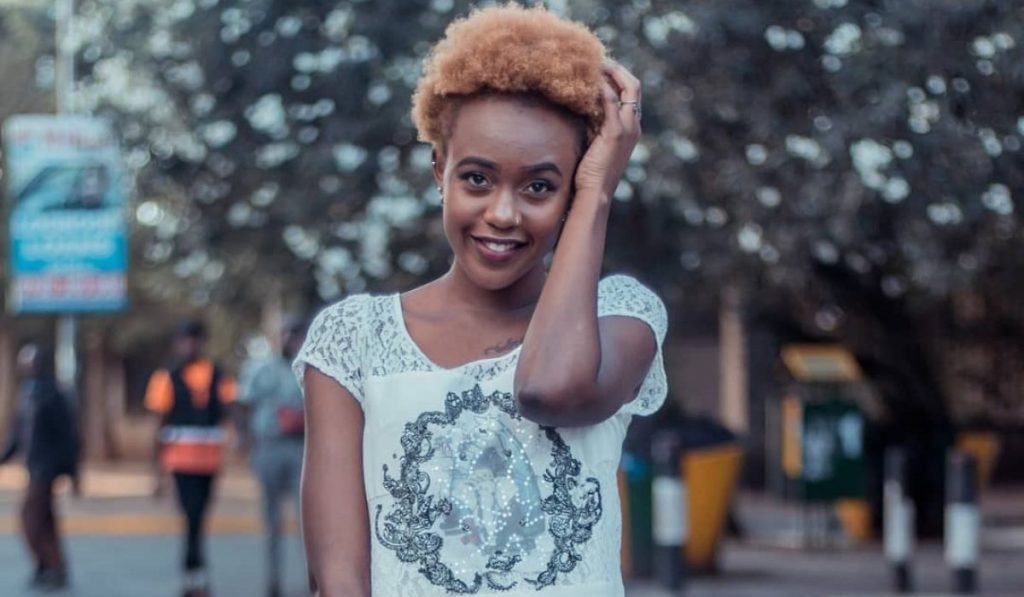Short-video platform’s new safety initiatives aim to balance explosive growth with user protection in Africa’s fast-evolving digital landscape.
TikTok is taking new steps to protect its growing African user base by launching its first-ever Safety Advisory Council on the continent. This move comes as the ByteDance-owned platform continues to surge in popularity, especially among Africa’s young and tech-savvy population.
With smartphones becoming more accessible and internet use skyrocketing, Africa has become a key battleground for social media platforms.
However, with growth comes responsibility, and TikTok is under pressure to address the spread of misinformation and protect its youngest users from online dangers.
Governments across Africa are pushing for tighter control over digital spaces, which TikTok’s new council aims to ensure.
Fortune Mgwili-Sibanda, TikTok’s Director of Government Relations & Public Policy for Sub-Saharan Africa, stressed the shared responsibility of making TikTok a safe space.
The platform’s #SaferTogether campaign, which has already reached thousands in Kenya and Nigeria, is part of this effort to educate users on how to protect themselves online.
“This part of the campaign will speak directly to the TikTok community to join us in making TikTok a safer space for all by ensuring they follow the Community Guidelines and use the safety features made available to them,” she said.
“With the additional layer that the Safety Advisory Council presents, we believe that safety can be achieved collectively.”
The new safety advisory council, unveiled in Nairobi, Kenya, last week, brings together a diverse group of experts, including academics, digital rights advocates, and local content creators.
These members will provide critical insights and guidance on how TikTok can navigate the unique challenges faced by African users.

Among them, Professor Guy Berger from South Africa, known for his work on media freedom, brings critical insight into balancing content moderation with free expression. Dennis Coffie, a content creator from Ghana, offers a perspective rooted in the everyday realities of TikTok users, ensuring the platform stays in touch with its grassroots community.
Aisha Dabo from Senegal, who co-founded AfricTivistes, provides a strong voice for digital activism and justice, ensuring that TikTok’s policies protect and empower its users.
Lillian Kariuki, who leads Kenya’s Watoto Watch Network, will focus on child safety, a pressing issue as younger users flock to the platform.
The council also includes Nigerian expert Dr Akinola Olojo, whose experience in countering violent extremism will help TikTok tackle the more dangerous content that can spread online.
Ethiopian academic Prof. Medhane Tadesse brings a deep understanding of peace and security, adding another layer of expertise to the council.
Berhan Taye, an Ethiopian researcher known for her work on digital rights, ensures that the council’s decisions respect users’ freedoms while keeping them safe.
TikTok’s popularity in Africa has skyrocketed, turning users like Kenya’s Azziad Nasenya into household names.

Her “Utawezana” dance challenge went viral and opened doors to major brand partnerships, showcasing the platform’s power to transform lives. But with this fame comes the need for robust safety measures, especially as more young people seek to replicate such success.
For many young Africans, content creation on platforms like TikTok isn’t just a hobby—it’s a livelihood. With traditional employment opportunities often limited, earning a living through social media has become increasingly important.
With its vast reach and engaging format, TikTok has become a significant platform for these digital entrepreneurs, making the work of the new Safety Advisory Council even more crucial.
Meanwhile, Africa is on the brink of a digital transformation and its fledgling e-economy is taking shape, driven by progressive policy reforms and the influx of budget-friendly smartphones.
These developments rapidly increase internet access across the continent, setting the stage for nearly complete digital connectivity within just over a decade.
This widespread smartphone penetration empowers Africa’s youth, who not only consume content at unprecedented rates but also create it, turning platforms like TikTok into major sources of employment and influence.
Credit: Seth Onyango, Bird Story Agency


